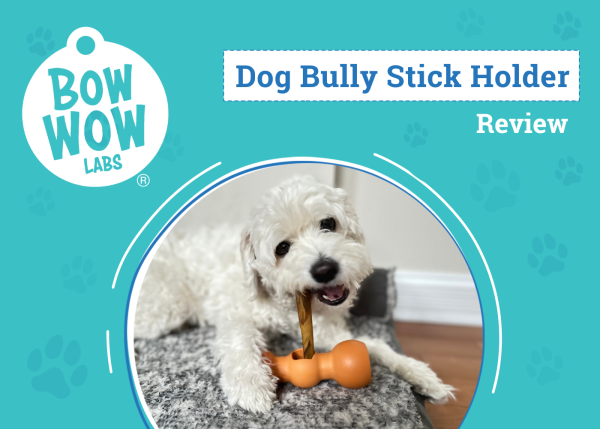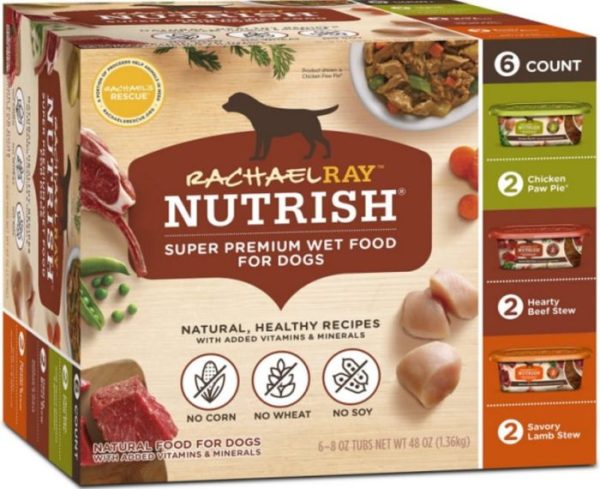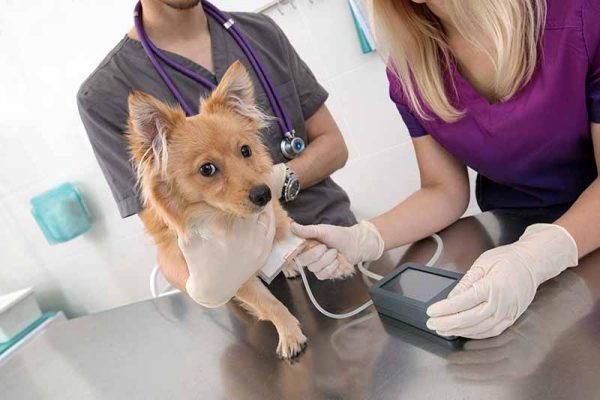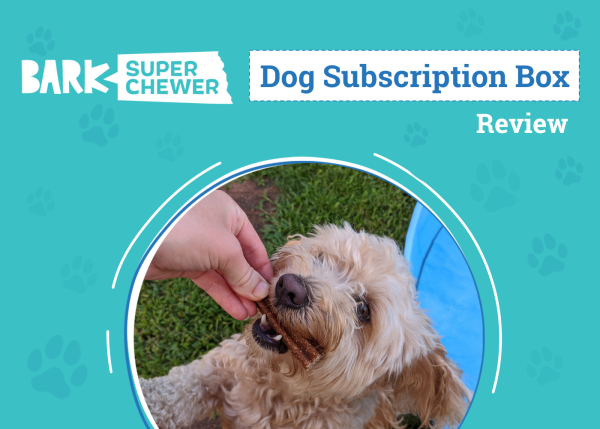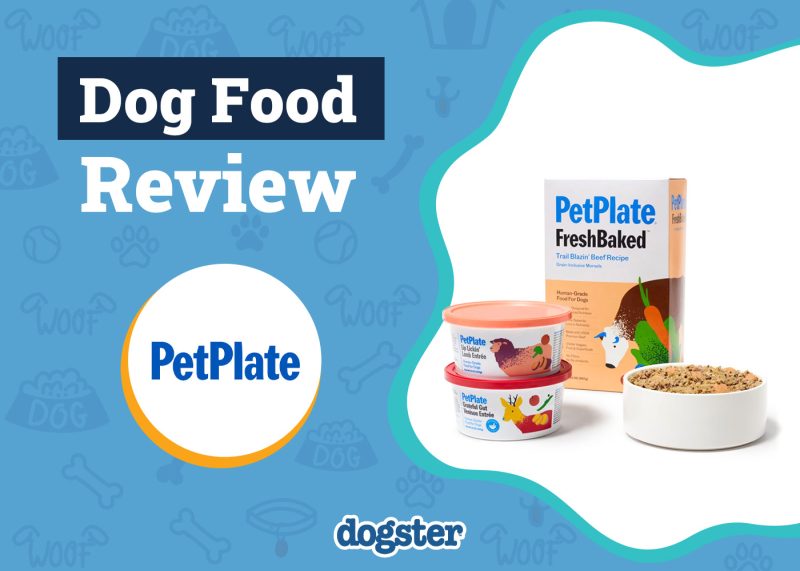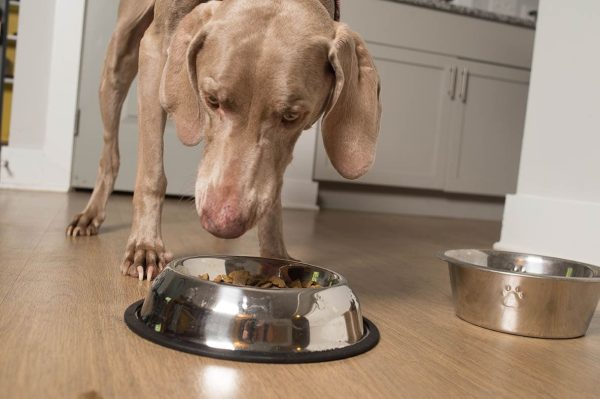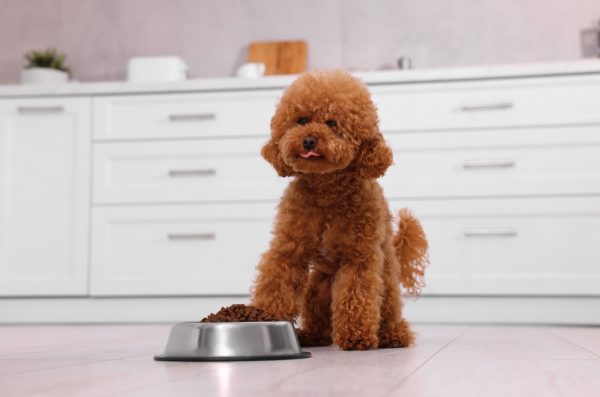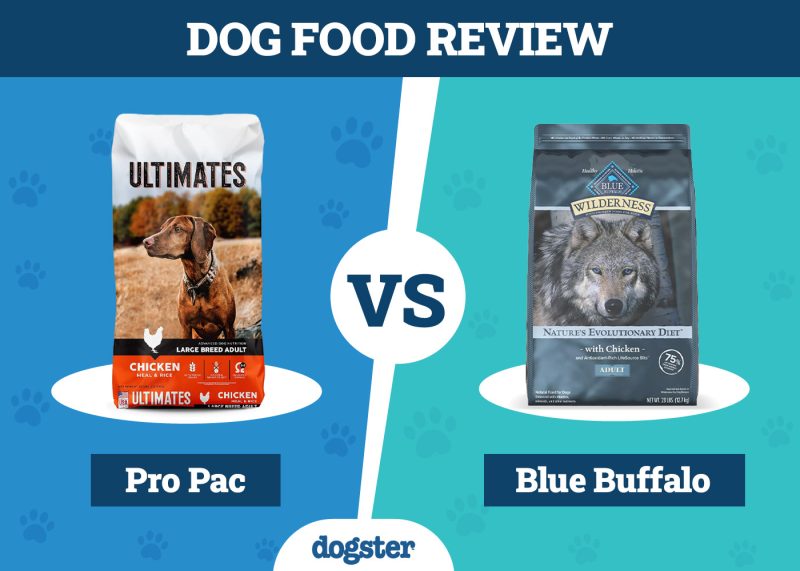In this article
If your dog is unwell and you’re looking for some ideas of what you might be able to tempt them with, we’re here to point you in the right direction. The first and most important thing to do is to consult with your veterinarian. There is no one-size-fits-all food to feed a poorly pup, as their needs will depend greatly on what ails them. While certain foods can help rehydrate, energize, or even aid recovery, there are situations and conditions where the wrong ingredients can have disastrous consequences.

Rules to Follow Before Feeding a Sick Dog
Before you start loading up the trolley with different foods and ingredients, here are some basic rules to follow:
- Avoid switching from one food to another with no transition period, as this will usually trigger diarrhea.
- For vomiting dogs, you should withhold food for 12 hours for adults or 6 hours for puppies, but continue to provide them with water.
- If your dog has been diagnosed with a health condition or disease, always check with your vet before making changes to their diet.
- Remember to consider any food allergies or dietary intolerances your dog has before trying a different food.
- It is better to overreact than underreact. If your dog is unwell, call your vet for advice.
- Is drinking or urinating more than usual.
- Vomits multiple times over a period of more than 1 hour or is unable to keep water down.
- Refuses food and/or water for more than 24 hours.
- Is lethargic.
If you need to speak with a vet but can't get to one, head over to PangoVet. It's our online service where you can talk to a vet online and get the advice you need for your pet — all at an affordable price!

The 8 Foods for a Poorly Dog
The foods listed below include a mixture of commercially available diets and some simple ingredients that you can pick up at the supermarket.
1. Royal Canin Gastrointestinal Low Fat
- Our Recommendation: Royal Canin Veterinary Diet Gastrointestinal Low Fat Loaf

This dog food is specifically formulated for dogs suffering from gastrointestinal upset, surgery, or pancreatitis. It is commonly used in veterinary hospitals for GI patients, and there is also a regular variety for dogs not needing the low-fat formulation
- Follow the feeding guide and your vet’s advice.
2. Bone Broth
- Our Recommendation: The Honest Kitchen Instant Bone Broth with Turmeric

Bone broth can be given on its own or mixed into other foods to encourage eating and increase hydration. You can make your own, but the broth must be made without any added ingredients, like salt or seasoning. Alternatively, you can pick up broths that have been specifically made for dogs, such as The Honest Kitchen Instant Bone Broth with Turmeric.
- Approximately ¼ cup per 20 pounds of dog.
3. Hill’s Prescription Diet – a/d
- Our Recommendation: Hill’s Prescription Diet a/d Urgent Care with Chicken

A bit like Sustagen for pets, this pate-like food is densely packed with nutrients and calories, which can be great for a dog recovering from illness or surgery. Its high moisture content is good for rehydration, and it can be blended with water for syringe feeding when necessary.
This food is not appropriate for dogs with gastrointestinal signs or a history of pancreatitis, and it should only be given after checking with your vet.
- Follow the feeding guide and your vet’s advice.
4. Pumpkin
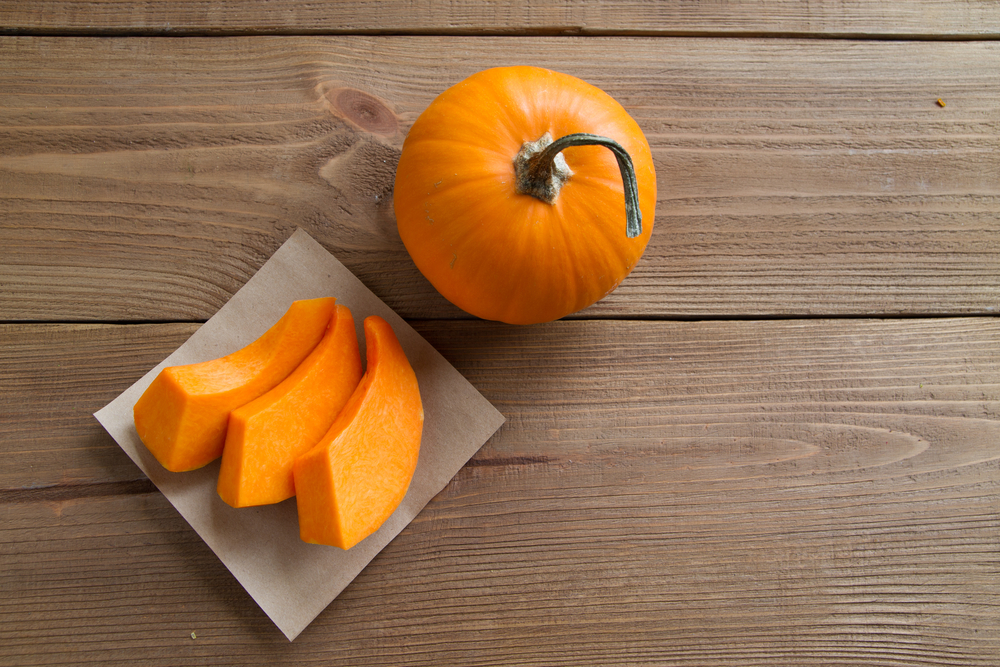
Including some lightly boiled or steamed pumpkin can add some healthy nutrients without causing stomach upset and can also aid in digestion and improve stool consistency. You can even feed this to your dogs regularly to help keep their digestive tracts happy and healthy.
- Around ¼ to ½ a cup per 20 pounds of dog, cut into cubes or grated, and given on its own or mixed into their normal food once per day.
5. Psyllium Husk Fiber
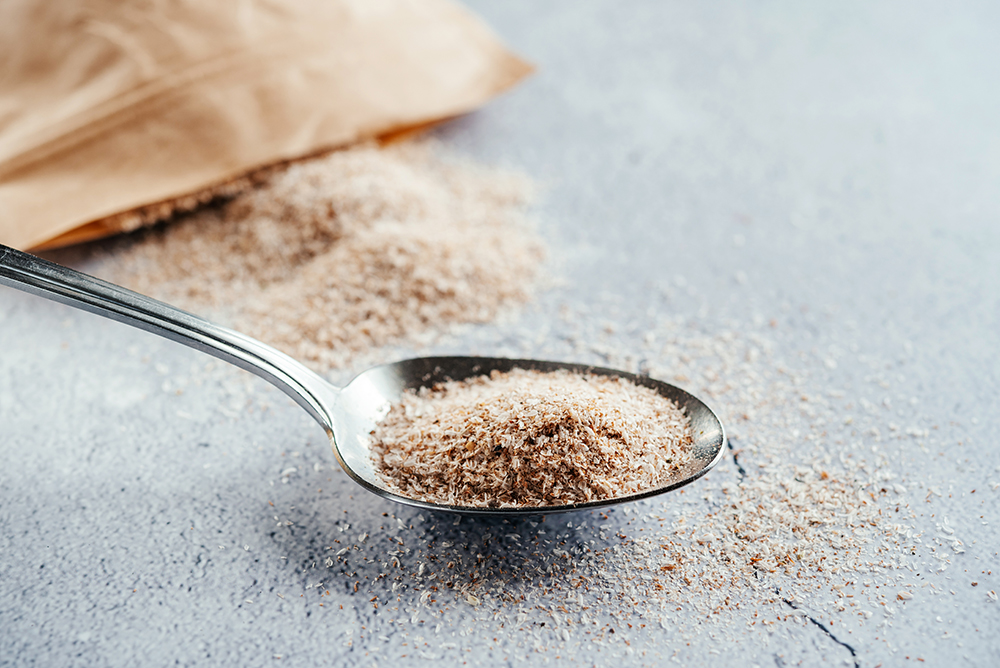
This natural ingredient can usually be found in the health aisle or health food store. It is a great way to improve intestinal absorption and fecal consistency. Psyllium husk powder can help dogs with sensitive stomachs or anal gland problems. It can be added to your dog’s food regularly but should be stopped if they become constipated or the feces becomes too large or firm.
- Around 1 teaspoon per 10 pounds of dog, once to twice daily.
6. Plain Boiled Chicken

This is a classic go-to for an upset tummy. Serve it without additives, oil, or seasoning—just boiled chicken breast that has been boiled until cooked through and cut into small cubes. Be sure to cool it in the fridge before serving. Also, this is not suitable for dogs with chicken allergies.
- Around ½ a cup of cooked chicken per 20 pounds of dog, cut into cubes and given on its own or mixed into their normal food, twice a day.
7. Plain Poached White Fish
Poached white fish is a good option for dogs with chicken allergies, just make sure it is plain white fish with no additives or seasoning, poached in boiling water. This could include fish such as cod, whiting, haddock, hake, or pollock. Ensure the fish has cooled down and all bones are removed before serving.
- Around ½ a cup of cooked fish per 20 pounds of dog, given on its own or mixed into their normal food, twice a day.
8. Scrambled Egg Whites

This is a bland but tasty option that’s high in protein. You can leave in a little bit of the yolk for flavor, but it can be a bit rich for upset tummies, so it might be best to leave it out.
- One egg white per 10 pounds of dog.

Final Thoughts
The suggestions above may be useful if your dog has an upset tummy or is mildly unwell, but they are not a substitute for veterinary care. As a general rule of thumb, if your dog’s condition has not improved after 24 hours, you need to contact your vet. In the meantime, however, offering them one of the foods above could do the trick in getting them feeling back to normal.
Featured Image Credit: Reshetnikov_art, Shutterstock





